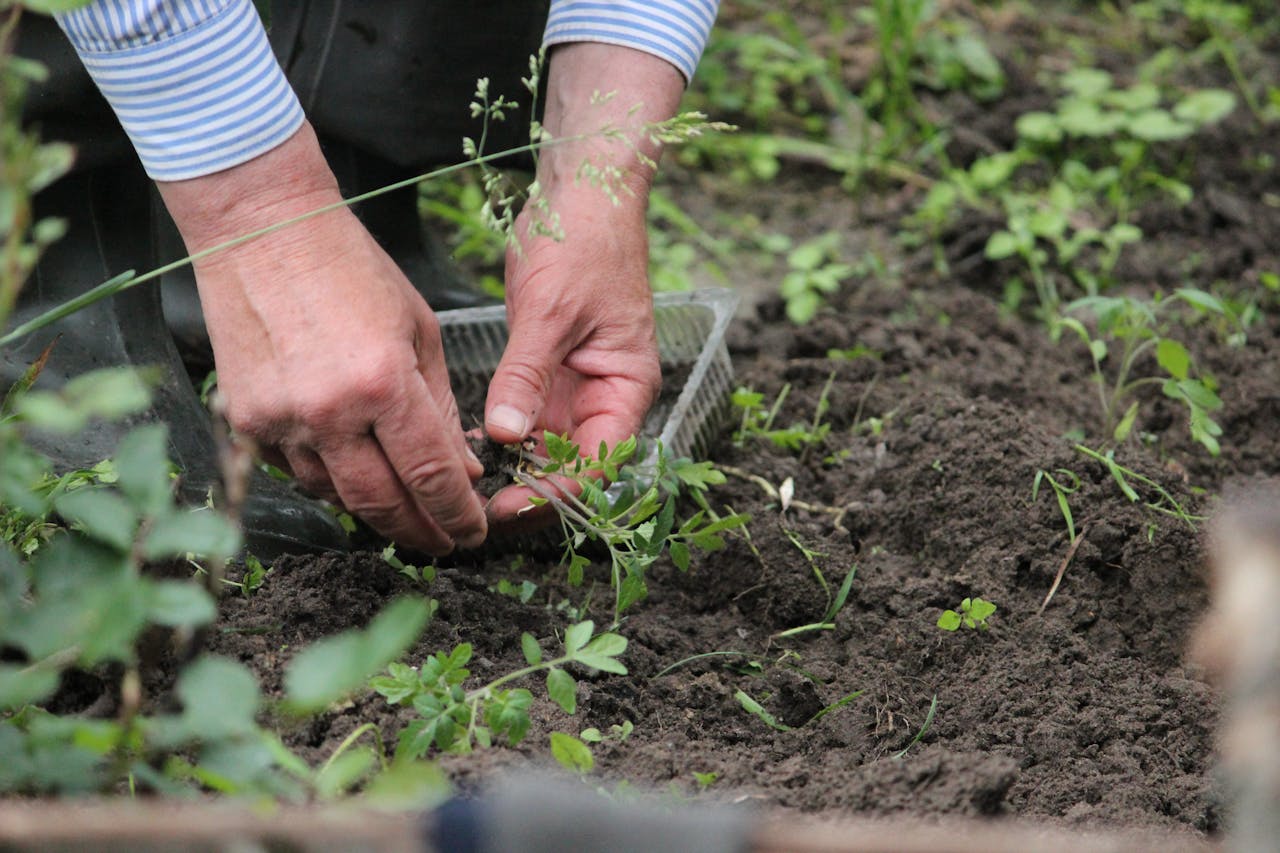Our News
So You’re Carbon Literate… What Next?

Photo by Наталья Севрук on Pexels
1. Switch your electricity and gas to renewable suppliers
This is probably the most effective thing you could do as an individual. It’s so easy and yet so important. Renewable energy companies don’t cost you more, and they’ll likely give you much better customer service. They do all the work for you too – all you have to do is contact them! Check out the Big Clean Switch to find out how.
2. Consider your diet
If you stop eating, or reduce your consumption of meat and dairy, your food-related carbon footprint could plummet to less than half of what it is currently. Vegans and vegetarians also need to consider where their produce is coming from – is it UK grown, or is it flown in? Consider the packaging that your food is wrapped in – does it have unnecessary packaging? Is it recyclable? There are so many factors involved in reducing the carbon footprint of your diet. Read some helpful tips here.
3. Have a look at your banking
Have you checked where your bank is investing your money? Many high street banks fared poorly based on the Ethical Consumer’s organisational rankings. There are more ethical alternatives such as Co-operative Bank, Monzo and Triodos. And, if you have them, it’s also worth asking your pension fund how they are investing your money, and moving your mortgage to a more ethical supplier.
4. Advocate for the planet
Get political- write to your local politicians about climate change. Do your own research. Get carbon in the conversation. Talk about climate change with your friends, relatives and random people at the pub. Join a local activist movement or find out what workshops, talks and collectives there are in your community. If there isn’t much happening, start something!
5. Use public transport, walk or cycle
It might be tempting to buy a car, but try to avoid it if possible. Using public transport or walking/cycling is better for the environment, your health and your bank account. Try to halve the number of flights you take. As an alternative, you can get trains to Europe, go on a road trip with your friends, or even try a stay-cation.
6. Be an eco-fashionista
Try to limit the amount of new clothes you buy. Buying vintage, from charity shops or using platforms such as depop & ebay are great to find new-to-you clothes, often saving you money and emissions. You can also attend clothes swaps or arrange your own with friends or in the workplace.
7. Change your lightbulbs to LED’s
If you haven’t switched to super energy efficient LED light bulbs already, what are you waiting for! LED’s use significantly less energy and you could reduce your lighting bill by up to 90%. Check out this guide for switching to LED’s.
8. Make the most of your heating
It’s no secret that a lot of Britain’s homes aren’t the best insulated. There’s a number of heat saving tips you can try to save yourself money and energy over the colder months.
9. Buy smarter
When you’re buying disposable products such as cleaning supplies, homeware, toothbrushes etc. consider their lifecycle and what waste will remain when you’ve finished using them. Are they made from recycled or recyclable materials? Are they biodegradable? Buying from more sustainable brands will reduce plastic, carbon, reduce waste and can even save you money. Companies such as ‘Splosh’ offer a subscription service for cleaning products which allows you to reduce your plastic waste by around 90%.
10. Design and deliver Carbon Literacy
If you’re looking for a way to share your new found Carbon Literacy knowledge, design and deliver a Carbon Literacy course for another area of your life – your place of work, place of study, or community. If you’d like some tips to help pitch your course to superiors or organisational leaders, here is a tip sheet on how Carbon Literacy is an investment which will pay back as well as feel good.